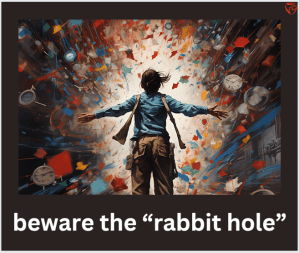How often do you wish for just a little more time …
Time to finish, time so you don’t have to stay late or work from home. Time to better prepare, to do a better job, to feel less behind? No one is born with the ability to master time, we cannot save it, we can only spend it.
What follows is a short (very) guide to some “Tools Everyone One Can Use,” to begin to spend their “time” better. Each of the tools works, I use them daily. I have learned them, with difficulty (lol), from my mentors, from experience; and like all of my other posts I would like to share them.
ps. This post is dedicated to HM.









